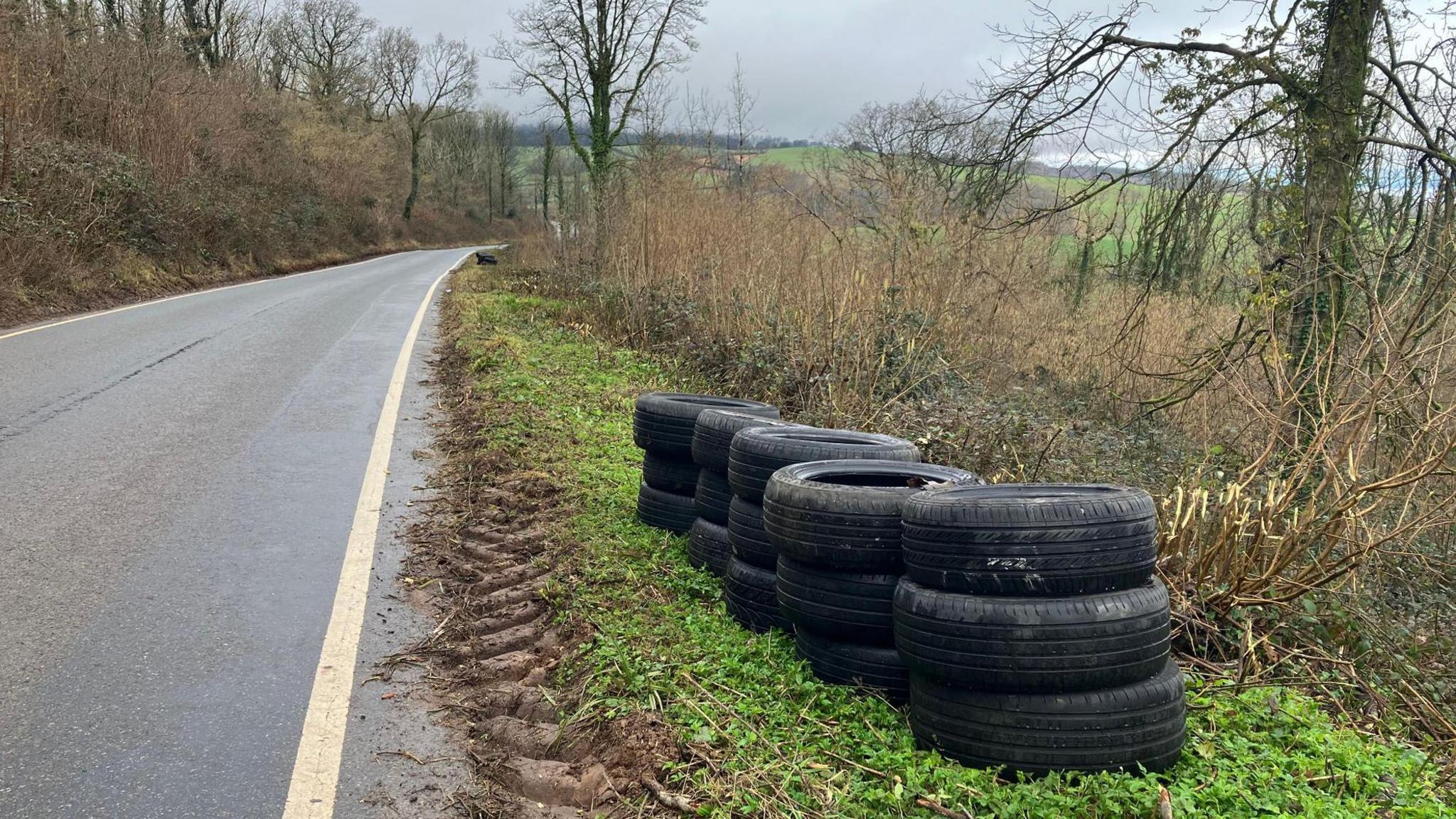Volume of waste sent to landfill hits new low
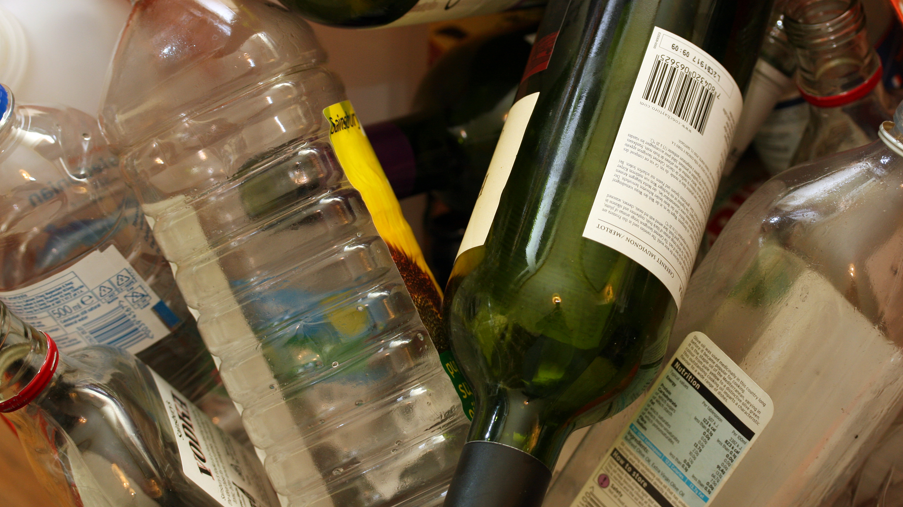
More than 50% of recyclable material was processed in Somerset itself.
- Published
The volume of waste being sent to landfill in Somerset hit a record low last year, with more people finding new uses for unwanted items.
Just over 5,500 tonnes of household rubbish was buried, compared to 6,400 the previous year.
Householders sent a total of 2,300 tonnes of items such as smart tech, furniture and bric-a-brac to reuse projects - an increase of almost 400 tonnes.
Increased reuse rates saved an extra 5,493 tonnes of carbon in the 2023/2024 financial year, Somerset Council said.
Councillor Richard Wilkins, executive member for transport and waste services, said: “Wherever possible we recycle waste as close to home as we can.”
“Together we’ve saved an extra 5,493 tonnes of carbon compared to last year – the equivalent of taking an additional 2,113 cars off the road for a year.”
The council said the change, which means 2.5% of all refuse collected was sent to landfill, was down to initiative such as kerbside collection of clothing for resale, donations of furniture for reuse and the Fixy Project.
The project promotes reuse, repair and recycling of technology and electrical items.
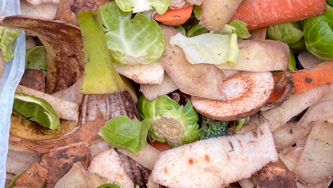
Food waste is sent to anaerobic digestors in Somerset
The percentage of household waste collected that was sent for reuse, recycling or composting remained stable at around 56%, the council said.
Of the 145,000 tonnes of material sent for recycling, 96% remained in the UK, while 54% was recycled in Somerset itself.
More than 21,000 tonnes of food waste was collected and sent to an anaerobic digestor in the county to be turned into biofertilizer.
The gas released during the process is also collected for energy use.
Elsewhere, nearly 50,000 tonnes of garden waste was recovered for composting at three sites around the county.
The remaining 42% of household waste was sent for energy recovery, which usually involves waste being incinerated to generate electricity.
Get in touch
Tell us which stories we should cover in Somerset
Follow BBC Somerset on Facebook, external and X, external. Send your story ideas to us on email or via WhatsApp on 0800 313 4630.
Related topics
- Published30 January 2024
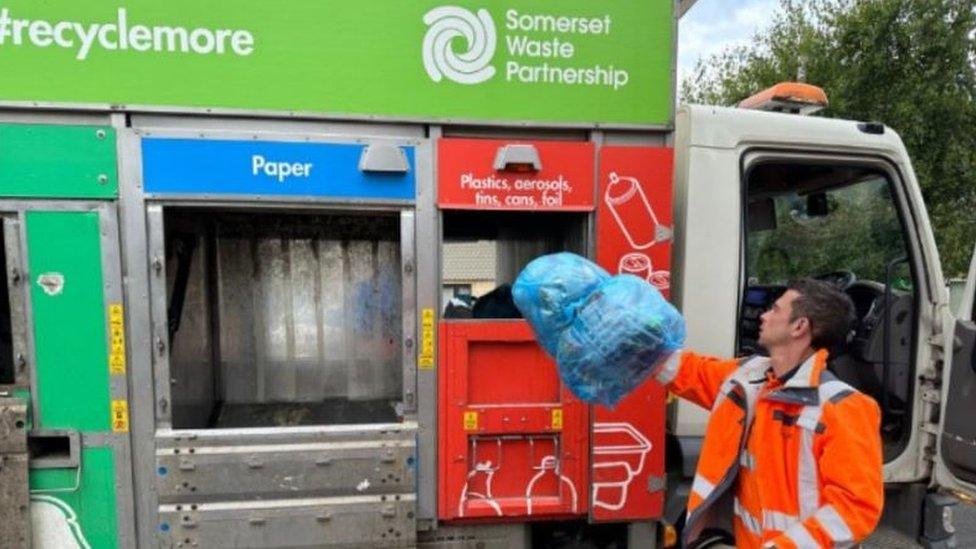
- Published16 June 2024
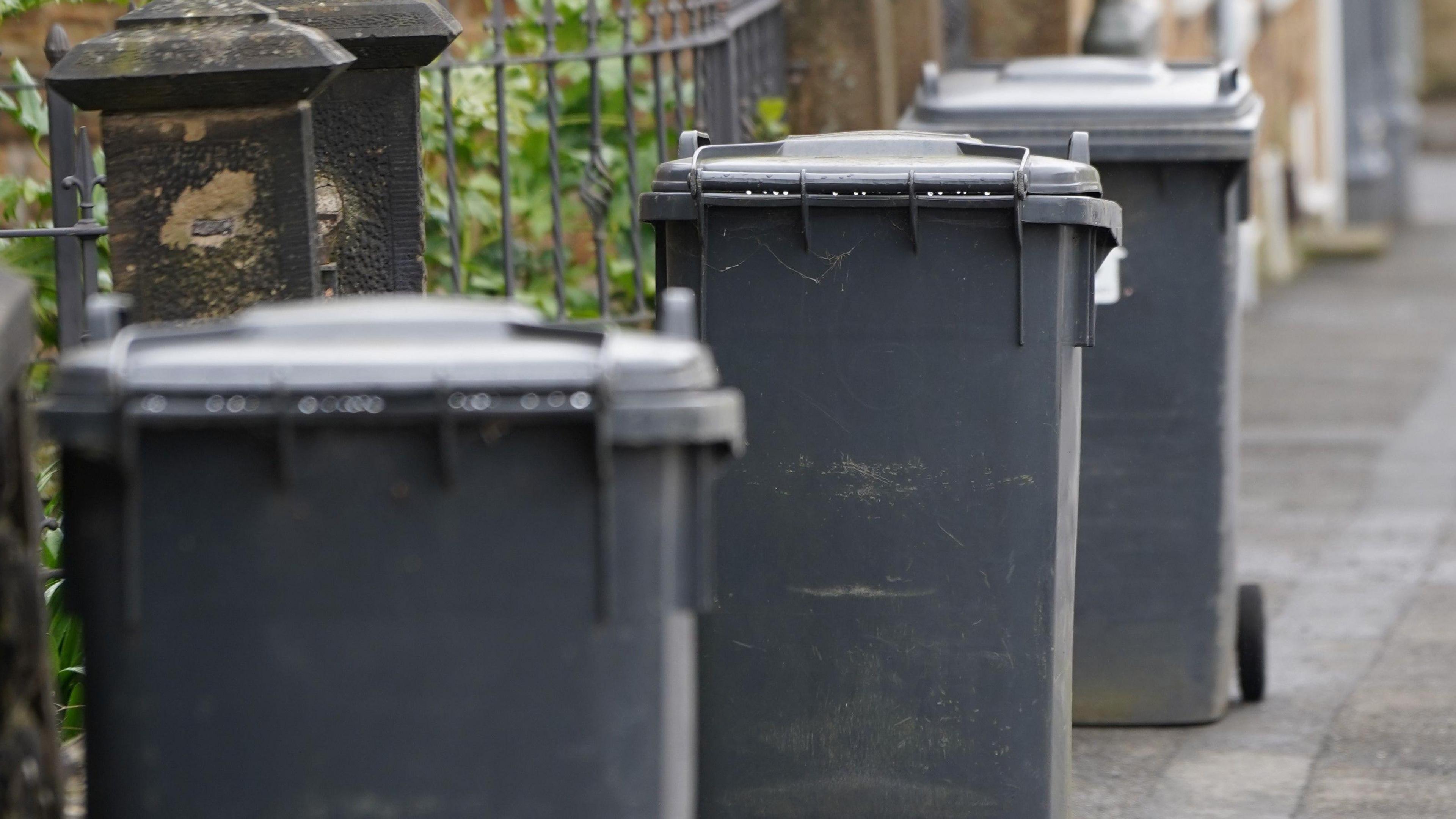
- Published28 February 2024
